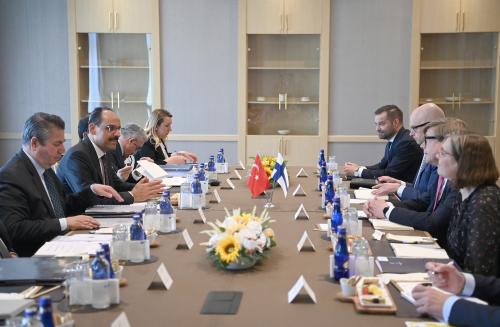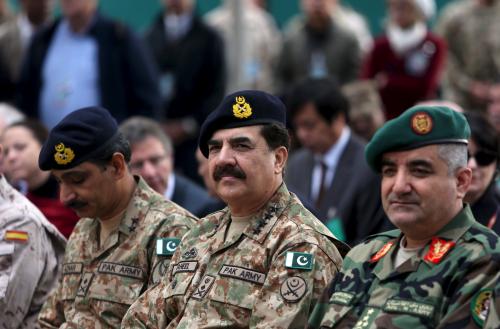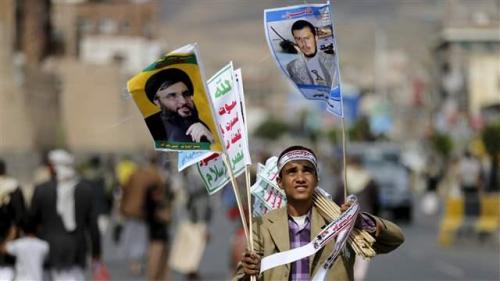Perception is reality
Mr. Indyk, who won the war?
“I think the verdict is still out. Militarily Hezbollah put on an impressive performance and was able to stand up to Israeli forces. Even if in the end it turns out that they lost every encounter, in the Middle East perception is reality, and the perception is that they gave as good as they got, and the perception is that they achieved more than Israel achieved. When the Israeli Chief of Staff says that ‘Israel won on points,’ that’s not a very reassuring verdict.
“On the other hand, to paraphrase von Clausewitz, the question is who manages to turn the results on the battlefield into political gains, and there I’m a bit more optimistic. The campaign in Lebanon highlighted the dangers facing the Sunni Arab world from the Iranian-led Shia axis, from Iran to Iraq – which has a Shi’ite-dominated government – to the minority Alawite regime in Syria and Hezbollah in Lebanon. That actually provides a common interest to the Sunni Arab world and Israel.
“And you can see that in interesting ways, including the fact that Egypt, Jordan and Saudi Arabia have now had a spat with Syria over their intent to relaunch Saudi King Abdullah’s peace initiative, which provided conditions for ending the conflict, recognition of Israel and normalization of relations.
“And there is the fact that the Sunni Lebanese prime minister, while taking the world press on a tour of the rubble of southern Beirut and accusing Israel of war crimes – is nonetheless holding out an olive branch to Israel.
“And we should also watch internal Sunni Hamas, which may be deciding that they do not want their cause dominated by external Hamas, which sits in Damascus and is dominated by Iran. We have to wait and see, but I wouldn’t be surprised to see a national unity government emerge, which would enable [Palestinian Authority Premier] Abu Mazen [Mahmoud Abbas] to enter into negotiations with Israel on an interim agreement.
“Secondly, and in a similar vein, I think the campaign has sent alarm bells ringing in the West as well, which will be more concerned about Iranian domination of the Middle East. An early indication of that might be the reaction to the expected Iranian rejection of the Security Council resolution on nuclear enrichment. Their answer may be a no-but – it’s not going to be a yes-but – and a strong international reaction may be another strategic gain for Israel.
“Thirdly, I think the war provides a wake-up call for Israel, after the army effectively turned its back on Lebanon, as it dealt with the Palestinian intifada. The army now will have to get its act together, and that’s a positive thing. The last time such a thing happened was in the Yom Kippur War, in which Israel suffered a huge loss because of its complacency. This time, though the price was high, it was not as high as it could have been.
“And fourthly there will be an important gain if Israel learns a lesson about the problems of unilateralism. It would be a loss if Israel concluded that it shouldn’t give up more occupied territory: The lesson should be that when it withdraws, it should do so in favor of a responsible and capable government.



Commentary
Could This War Produce a Sunni-Israeli Alliance?
August 28, 2006